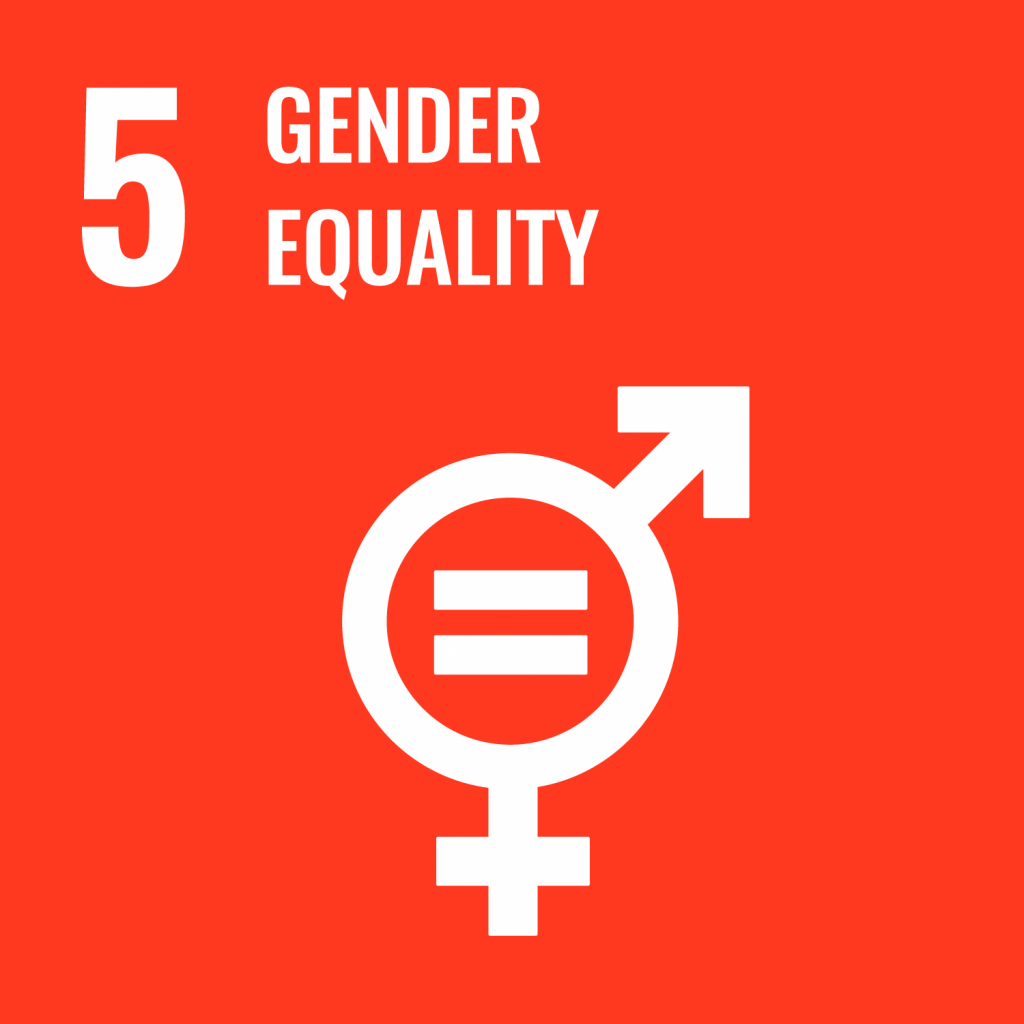
Social enterprises are businesses committed to social justice – working to address the social and environmental challenges we face. In a world dominated by gender inequality, many are working to empower women – creating jobs, opening up opportunities and tackling patriarchal attitudes. They are campaigning for gender equality and tackling gender violence. Many social enterprises work with vulnerable and marginalised women, supporting them to become independent. In the UK, figures suggest that 47% of social enterprises are led by women, and 83% have women on their leadership teams. On average, 61% of the workforce at social enterprises are women, compared to 48% of the national average (SEUK, 2021). Social enterprises are at the forefront of pushing for a gender-equal world but how do we ensure that gender empowerment is embedded into their work and day-to-day operations?
To support social enterprises in empowering women, we have developed this Guide, in collaboration with a range of social enterprises. The research took place between March and July 2022 and was funded by the University of Westminster Participatory Research Fund.
Method
We conducted a literature review so that our Guide is informed by research. We draw your attention to an important Report, published by the British Council (Mark Richardson & Josephine Tsui, Activist to Entrepreneur: The Role of Social Enterprise in Supporting Women’s Empowerment in the UK, 2017). Our research builds on the findings of this Report.
We conducted qualitative interviews with six social enterprises interested in women’s empowerment and their women beneficiaries (May and July 2022). We have also incorporated findings from a participatory workshop in July 2022 where we discussed and co-created various practices included in this Guide.
We asked our respondents the following questions:
| For Social Enterprises | For Women Beneficiaries |
|---|---|
| 1. Tell us about your social enterprise and the current employment opportunities you offer to empower your women beneficiaries? 2. What are your motivations for creating employment for women? Why employment and not other activities to empower women beneficiaries? (training/activism) 3. What is the impact of employment on the women? How do you measure this impact? 4. Does your social enterprise work with other organisations to support the empowerment of the women you employ? 5. What are the main challenges you have faced when supporting gender empowerment through creating employment? How do you address them? 6. What support might you benefit from in empowering your women beneficiaries through employment? | 1. Can you describe your employment experience with the social enterprise? What do you do? 2. Who helped you find this employment? 3. Do you think that employment contributes to empowerment (define empowerment for the women, use the bullet points below)? How? 4. How has employment helped you: * Develop a sense of self-worth; *Develop a belief that you have a right to have and to determine choices; * Increase access to opportunities and resources; * Gain power to control your live, both within and outside the home; * Influence the direction of social change to create more just social and economic order, nationally and internationally 5. What particular practices on the part of the social enterprise have helped you / prevented you from feeling / acting in an empowered way? 6. Thinking about your employment at the social enterprise, how can its practices be improved to empower women (refer back to the bullet points)? |
Latest posts by granadm (see all)
- Part 5: Potential challenges in empowering women - 6 September 2022
- Part 4: How to measure the impact of Gender empowerment practices - 6 September 2022
- Part 3: Practices to empower women in social enterprises - 6 September 2022